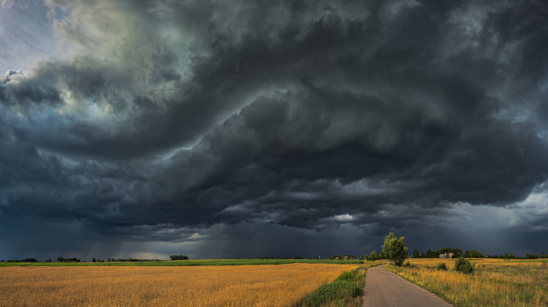Spring has officially sprung, and while it’s lovely to come out on the other side of the cold winter months, it does mean a whole new range of triggers emerging for people with asthma and allergies. Here are some tips to help keep your allergies under control this season.
1. Prepare for pollen
Pollen is a fine powder produced by plants to fertilise other plants of the same species. From September to February pollen is abundant, and of course this is when we enjoy spending time outdoors in the warm weather.
If pollen is one of your triggers, it’s a good idea to avoid going outside as far as possible on days when the pollen count is very high. The MetService website gives daily local updates on pollen levels and types. Pollen levels are generally highest in the morning, peaking around midday and then gradually falling. You can reduce your exposure to pollen when you’re outside by wearing sunglasses and a hat (if you have long hair, tucking it inside the hat is a good idea).
2. Keep windows closed – at home and in the car
It’s lovely to have a spring breeze coming through the window, but unfortunately it brings pollen with it. Try to at least keep your windows closed in the morning when pollen levels are at their highest. When driving, try shutting the vents in your car and recirculating the interior air, or use an air conditioner.
3. Dry your clothes indoors
Drying clothes on the line outside can be risky, as pollen settles in the fibres and can cause an allergic reaction when you put on the clothes later. If you have a dryer, use it. Otherwise, hang your clothes indoors.
4. Invest in an air purifier with a HEPA filter
While we can do our best to keep our homes pollen-free, some of those tiny particles are bound to get in. A high-quality air conditioning unit with a HEPA filter can reduce the allergens circulating in your home. It’s good for mould, dust and pet hair as well as pollen, so whatever your triggers are it should help.
5. Keep your medication to hand
Using your inhalers or other medications is one of the most important things you can do. While you can limit your exposure to triggers, you should always have your medication available in case of an emergency.
6. Do a spring clean using allergy friendly products
Having a springtime declutter is a great idea, as clutter accumulates dust. When you’re shopping for cleaning products, choose allergy-friendly and fragrance-free ones – they’re safer for people with allergies, asthma or a chemical sensitivity. Keep up regular vacuuming and dusting too, to ensure you’re continuing to remove the pollen on your surfaces.
7. Take a shower at night
Your body and hair can collect surprising quantities of pollen when you’re out and about. Taking a shower and washing your hair at bedtime is a good idea, and remember to wash your clothes and bedding as often as possible too.




